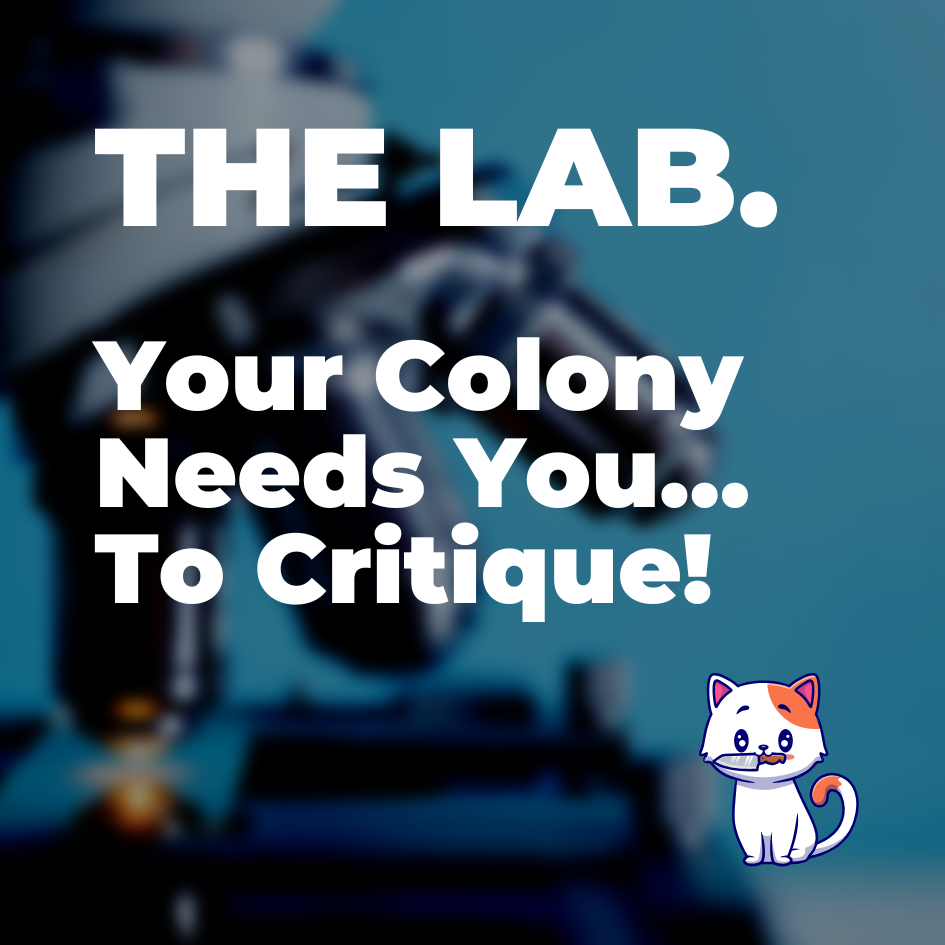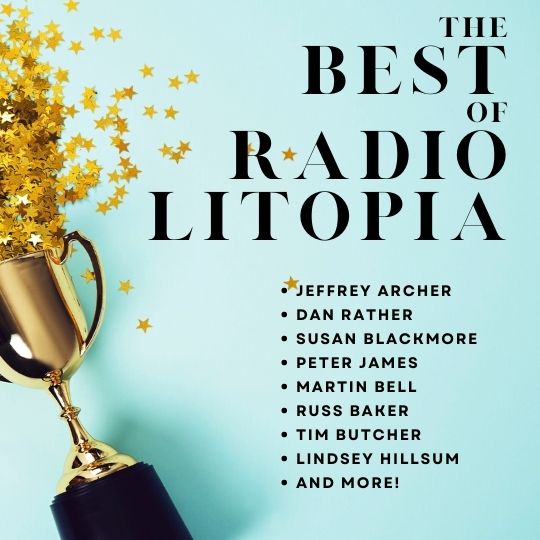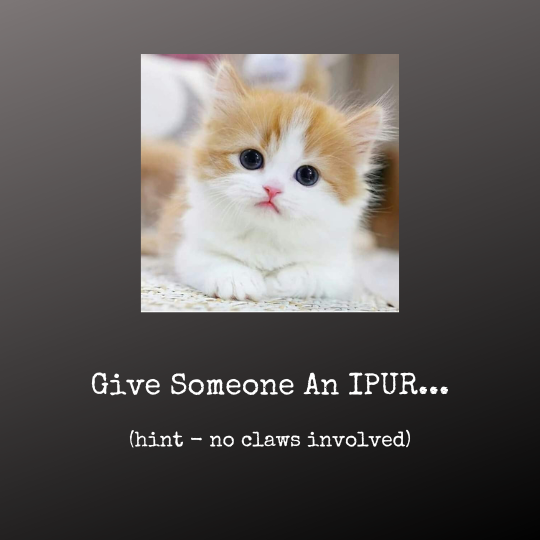***Thread moved here from Café Life by request***
Ran across this today and thought it was worth sharing. Don't know if it really is what it claims to be--EVERY plot ever--but it's a nice long list that I found useful in terms of considering my current WIP.
An Encyclopedia of Every Literary Plot, Ever
Ran across this today and thought it was worth sharing. Don't know if it really is what it claims to be--EVERY plot ever--but it's a nice long list that I found useful in terms of considering my current WIP.
An Encyclopedia of Every Literary Plot, Ever
Last edited by a moderator:




